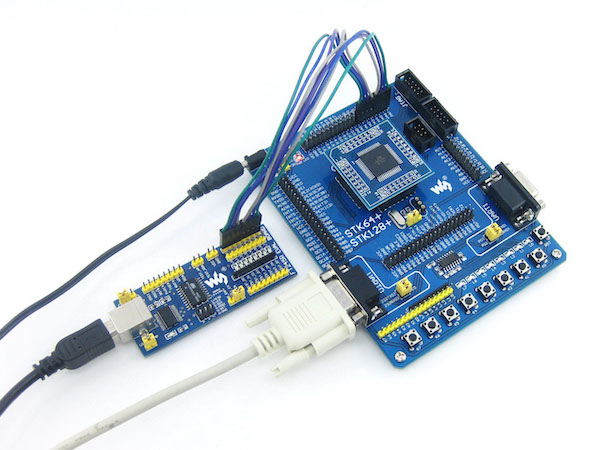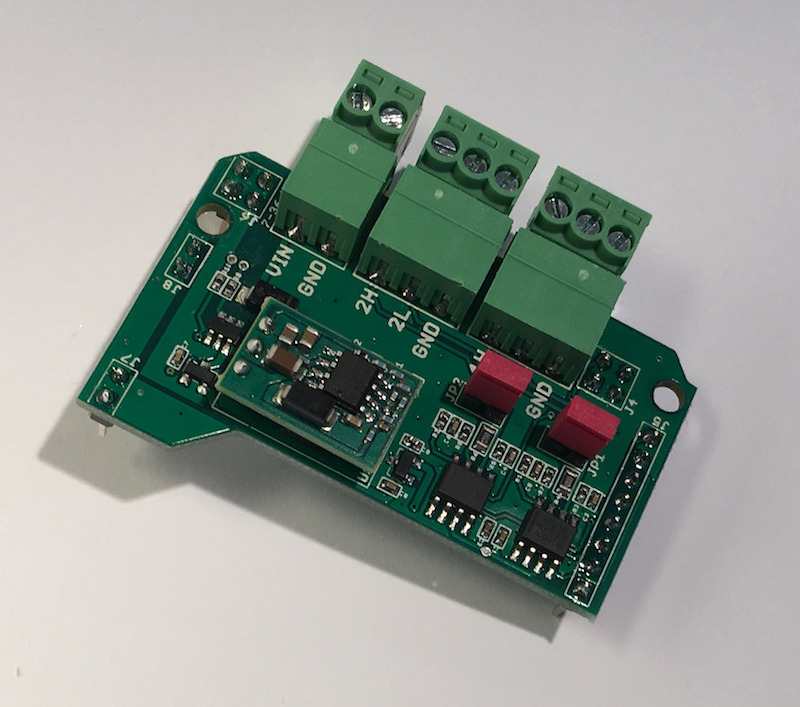Recent Posts
ATmega64 Development Board Designed For Rapid Prototyping
Posted by on
The STK64+ by WaveShare is a complete, cost-effective development board for the ATmega64. It is designed to provide embedded system designers a quick start to developing code on the ATmega64 MCU and supports them with developing a prototype device quickly and easily.
The ATmega64 chip resides on a device board, which sits on top of the motherboard; hence, allowing the quick exchange of MCUs. The ATmega64 chip comes in a TQFP64 package and can be an ATmega64-16AU or ATmega64L-8AU or ATmega64A-AU.
The STK64+ Standard package comes with an ATmega64 device board, while the STK64+ Premium package comes with the standard package, an additional spare ATmega64 device board, and an Experiment Fittings Pack.
Features
- Onboard Chips
- ATmega64 (TQFP64), MCU, mounted on the device board
- AMS1117-3.3, on board regulator
- MAX3232, True RS232 Transceivers
- Interfaces
- Two RS232 connector for UART0 and UART1, DB9 standard
- Guaranteed to operate under 3V level supply thanks to the MAX3232
- UART0 and UART1 jumpers, short the jumper to connect UART to AVR MCU, open the jumper to vacate the I/O ports.
- 6-pin / 10-pin ISP port
- JTAG port
- Two RS232 connector for UART0 and UART1, DB9 standard
Dual CAN Bus Interface For Arduino Due With Extended Power Range
The jCOM.CAN.DUE-X, a dual CAN bus interface for the Arduino Due, is not an Arduino shield in common sense. The board incorporates dual CAN transceivers required by the two integrated CAN ports on the Arduino Due while allowing the operation with an Arduino-compatible shield that supports the necessary 3.3 VDC power requirements.
By combining our dual CAN port interface, the Arduino DUE microcontroller, an OBD2 or SAE J1939 cable, and open-source software libraries you are ready to go with powerful a turn-key Arduino-based dual CAN bus solution. Leverage the 32-bit processing capability of the Arduino DUE plus the built-in CAN ports for your next prototype.
To more efficiently serve automotive and industrial applications, the jCOM.CAN.DUE-X board supports an extended input power range of 7 to 36 VDC to power the entire system, i.e., including the Arduino Due itself.
 Loading... Please wait...
Loading... Please wait...


